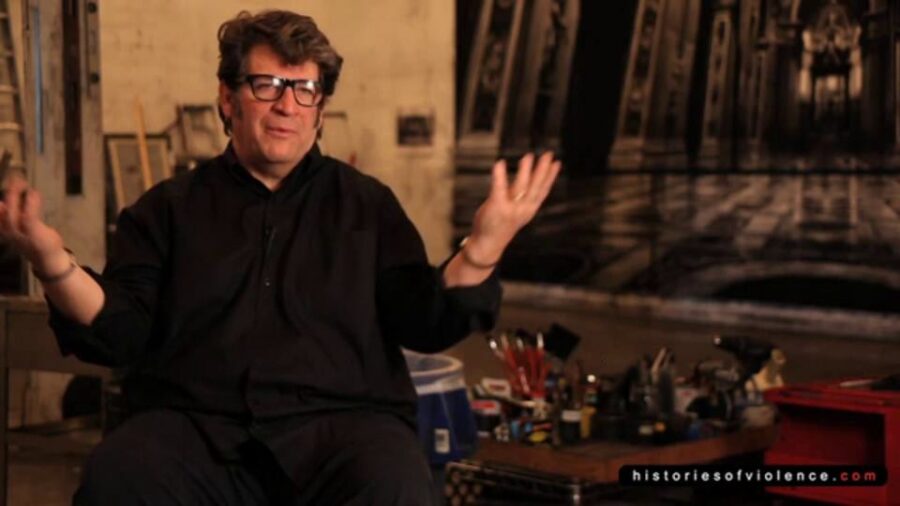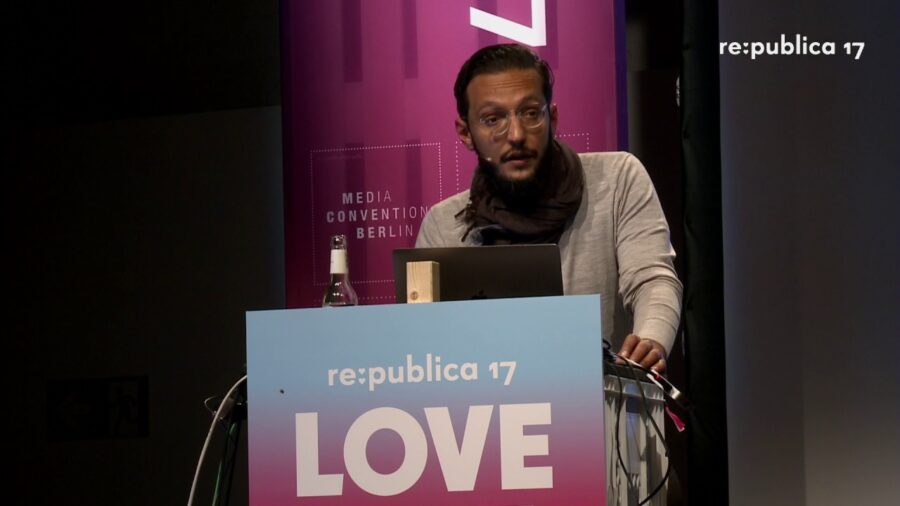It seems to me that every political order has its kind of official crap art, you know. The official crap art of the Soviet regimes was socialist realism. And the official crap art of neoliberal regimes, or orders, is sentimental humanism.
Archive

America is different than the rest of the countries in the world because it’s the only country I think that’s based upon the idea of team sport. Other countries are based on race, religion, tribe. The United States is the only country in the world that’s based on the idea of a team. Because there’s all these diverse different people, and we all work together for a goal. The problem is that America, because it is a team, its main objective is to win.

My prediction was that there would be some form of an attack in the United States or possibly in the foreign territories or interests. My talk would have been a breakdown or dissection and contextualization of the event. And of course, so far in the Trump administration there’s no attack. Well, at least no real ones. Some of us might remember Bowling Green.



